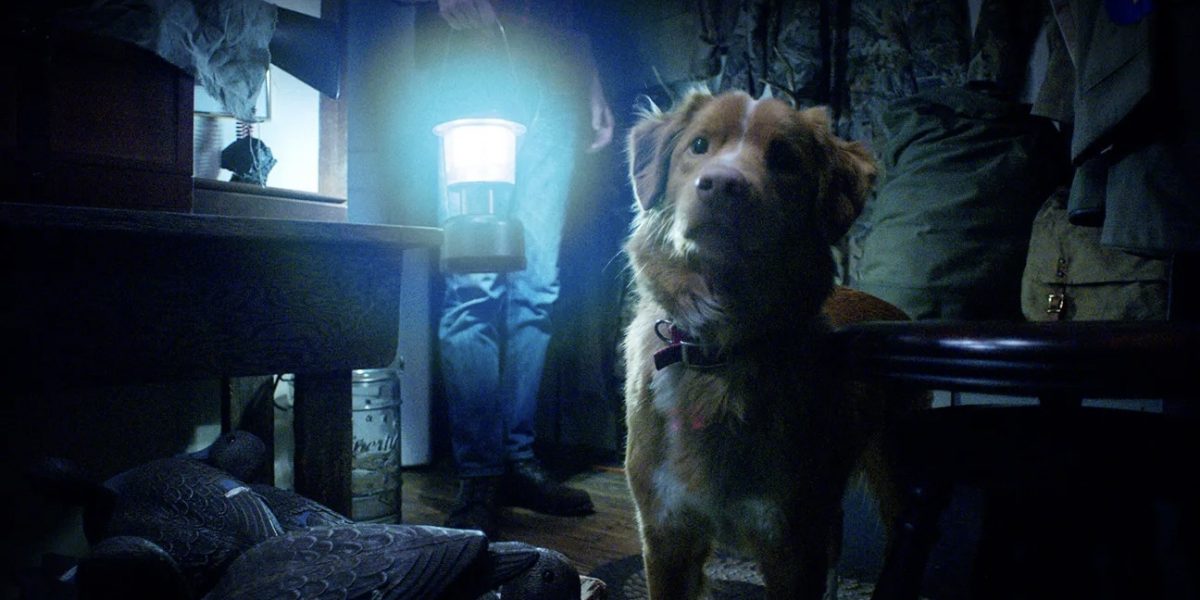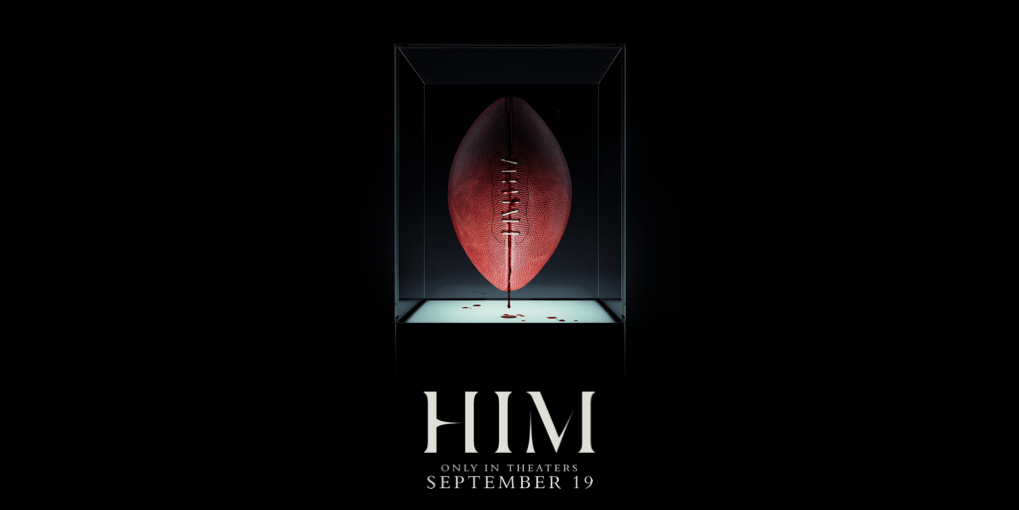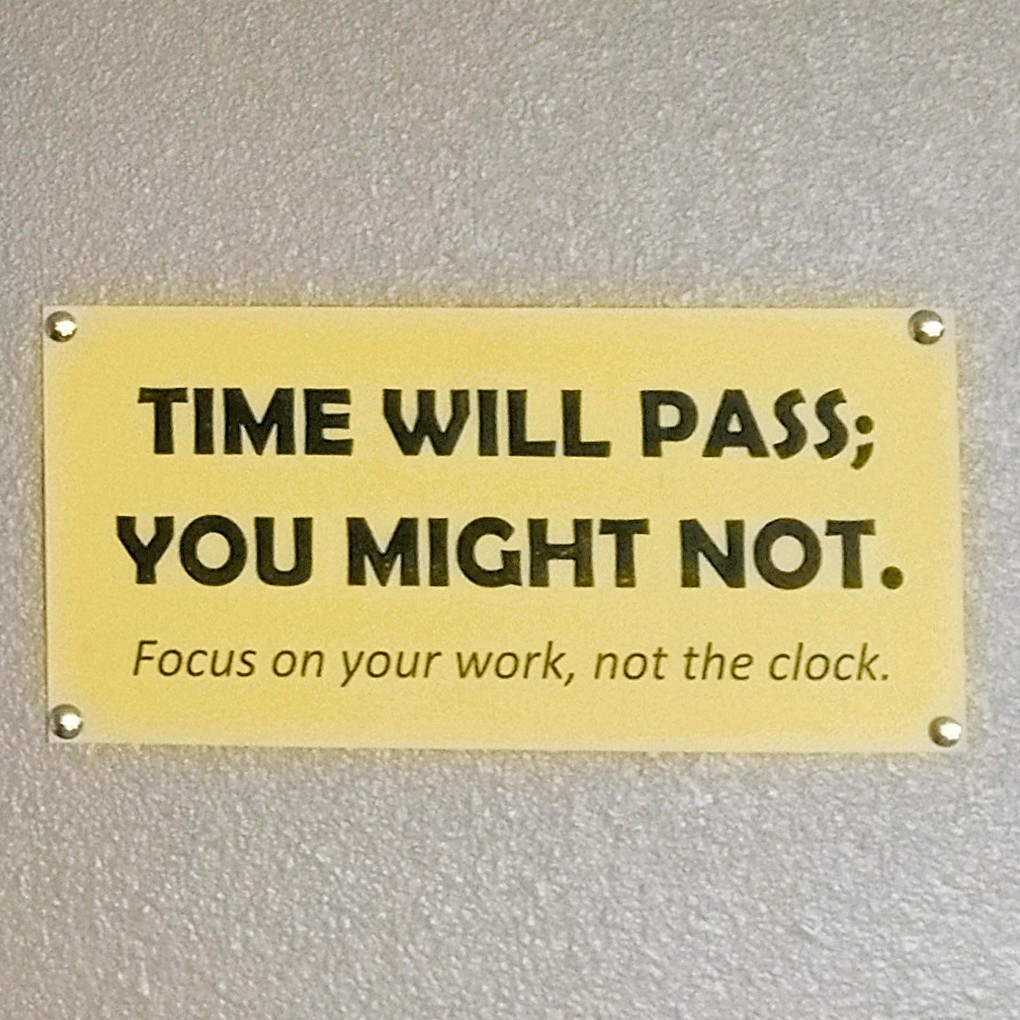Despite passing away in 2018, rap artist Mac Miller still hits the music charts with releases of his demo tracks and personal recordings. Balloonerism, Miller’s second posthumous album, was released on January 17 despite its songs being simultaneously recorded with his mixtape Faces in 2014. The album features very experimental tracks and depressing subject matter, but while that tone won’t be to everyone’s liking, fans of Miller will appreciate the album as a snapshot of one of the most turbulent times in Miller’s short life.
Disruption and change defined Miller’s 2014. The year saw him signed to a major label for the first time. While he had grassroots popularity from his self-released mixtapes and indie record Blue Slide Park, signing with Warner marked his entrance into the capital-I music Industry. While Miller chose Warner because of their “independent thinking,” he struggled with fitting within corporate music’s expectations.
At the same time, Miller also started consuming a lot of drugs. He forced himself into soberity in 2012 so he could shoot his MTV2 show Mac Miller and the Most Dope Family, but after the second season wrapped, Miller dove headfirst back into his lean addiction. Fueled by pressure from his label and his unhealthy relationship with Nomi Leasure, Miller drove himself to “rock bottom” where he thought he would overdose (which he did four years later).
Miller’s depression, anxiety, and struggle to fight for clarity amid the drugs all come across in the album. Like with Faces, the songs in Balloonerism richochet between psychedelic hip hop, jazz, and soul. Miller’s songs are dreamy at their best and eerie at their worst as experimental sounds and sudden tempo shifts make for a very off-the-wall experience.
While the instrumentation isn’t always effective, Miller’s lyrics are solid. Balloonerism dives into Miller’s childhood, growing fear of death, and worries about becoming a hitmaker, but uses humor to dull the edge off these serious topics. Take the lyrics in “Mrs. Deborah Downer,” an ode to all the things his addiction had cost him: “Nothing’s coincidence / My best friend packed his things, threw ’em in the car / I haven’t seen him since.”
The standout song is “5 Dollar Pony Rides,” a song about Miller wanting to make his partner (assumedly Nomi Leasure) happy but struggling to do so. The song stands out because of its deep orchestration and sad tone that, unlike some tracks on the album, suit each other rather than clash.
Another highlight of the album is “Tomorrow Will Never Know,” an almost 12-minute track that sees Miller questioning his existence. In the song, Miller asks questions of himself as if he doesn’t recognize his new persona as a megastar, with lyrics like “You can try your best escaping, the universe is breaking / You say you can’t take it no more” and “The streets that you walk on are shallow / But do you feel as big as your shadow?” The song closes out the album on a depressing note, as the listener is left with the prolonged sound of an unanswered telephone.
The album features several collaborations, including Ashley All Day, SZA, and Thundercat. In “DJ’s Chord Organ,” Thundercat’s distinctive bass lines provide depth, and SZA’s eerie vocals heighten the psychedelic atmosphere of “Friendly Hallucinations.” Unlike most posthumous albums, these were studio collabs at the time Miller recorded the album and not added by the guest artists later.
Still, while the album on the whole is good, it’s clear why Miller didn’t release this in 2014 when he made it. The experimental fusion of musical genres and use of jarring sound effects doesn’t always work, and around half of the songs don’t feel as solid lyrically as Miller’s other work at the time. While the instrumentation has been polished by studio producers, Miller’s vocals sometimes stick out as not fitting as part of the whole: some of this is the experimental nature of the project, but some of it is not having Miller available for rerecording or certain sections.
While this could have been Mac Miller’s masterpiece with some refinement, Balloonerism has to settle for being a very good album. Not every listener will be a fan of the uncharted musical territory Miller ventures into, but rap critics and Miller’s fans will have a lot to love. Ultimately, Balloonerism serves as a bittersweet reminder of both Miller’s skill and the inner demons that ultimately took him away.























































